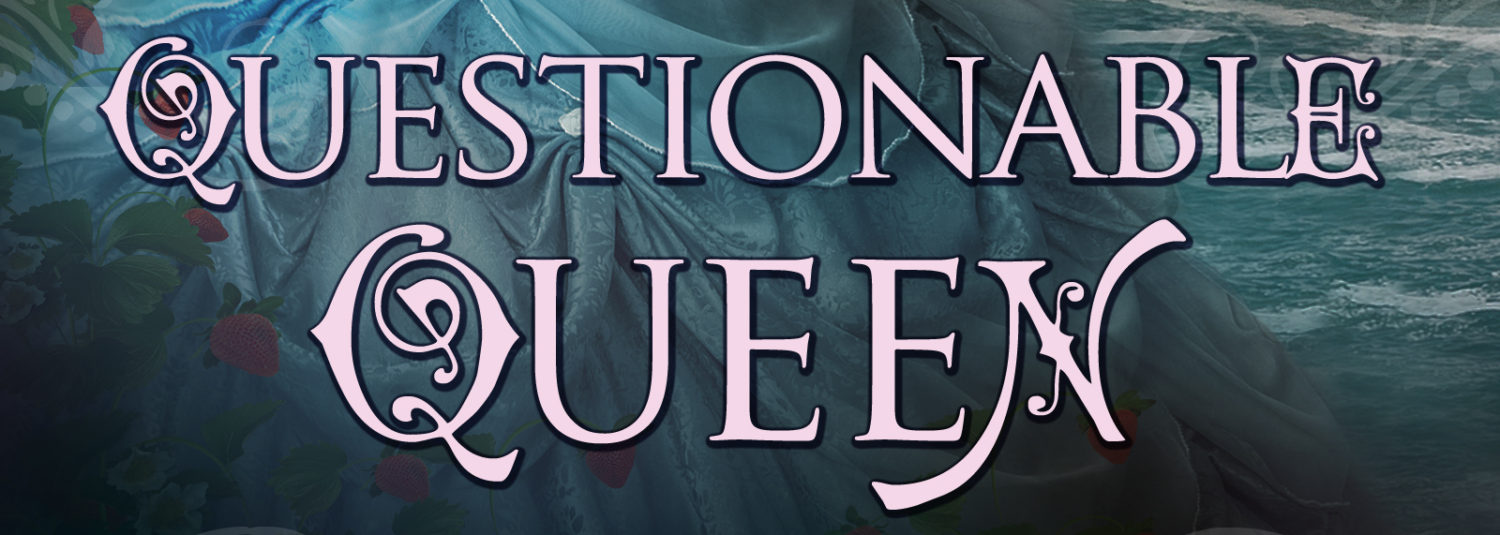Back with I wrote about Sexual Tension in the Sweet Romance, I said that this was workshop I will be giving on the cruise in July.
I will also be doing a workshop on older heroines. Let’s see what you all think about that.
The earliest heroines were sweet, young things – 18 to 20 years old. The heroes were generally much older, say around 30, and very successful in their careers. Look at Jane Austin heroines or those of the author I grew up on, Victoria Holt.
To Victoria Holt, the heroines were generally women of breeding but no money and what was left to them was being a companion or a governess and thus, this sets up the story.
Times have changed.
You still find romances about young women, but now they tend to be in their mid-20s to possibly early 30s and are in their own careers, either just starting or beginning to be settled. Heroes are likely to be closer to the same age. Rarely do we see an 18 year old woman being courted by a 30 year old man.
I think our society tends to look at such a relationship differently than we did once. I have a 17 year old daughter and if she were thinking of dating even a boy in college, I’d be concerned!
As romance readers, and authors, age, heroines have begun to age as well. I, for one, am thrilled by this. I’m at an age where I’m more concerned with hot flashes and mortgages and school tuition than I am about designer shoes and worrying about being fired from my job or finding Mr. Right. It’s getting harder and harder to relate to younger heroines.
Older heroines have different issues to deal with than their younger counterparts.
Young heroines are usually struggling to get established in their careers. They are generally single and have no one depending on them. Even if they have a roommate or a pet, their income and time belong pretty much to themselves and they’re free to travel, shop or do whatever strikes their fancy, within the bounds of the guidelines of their particular book.
Older heroines have lived through that phase of their life. They normally do have people dependent on them — children, a husband and possibly even parents. Their time and money is designated for other people and their needs as often, if not more often, than it is for themselves.
Most older heroines are not looking for Mr. Right. They may already be married to him.
So, maybe you’re asking, “How can it be a romance if there isn’t a “love story”? What about the Happily Ever After?”
Stories about older heroines don’t have a cute name like chick lit. Someone coined the term “Hen Lit,” which I HATE. Mom lit is okay, too, but doesn’t cover all of them. Right now I’ll call it “Lady Lit,” but I hope someone more clever than I am will come up with something better!
Lady Lit is like chick lit, in that it is the story of a woman’s journey to discovering herself. If she finds a man in the process, that’s fine, but he is the icing. The Happily Ever After comes when she finds herself at the end of her journey.
Older heroines has many more opportunities for stories than younger women do. As Harlequin describes their NEXT line, “These are stories about women in the next phase of their lives.” Whatever that next phase might be.
It could be the story of a woman dealing with the empty nest as in Off Her Rocker (Harlequin Next) by Jennifer Archer.
Maybe our heroine discovers that her husband was married to another woman — while he was married to her! This is the story in The Other Wife (Harlequin Next) by Shirley Jump.
Our heroine might inherit a business from her mother as in Knit Two Together (Harlequin Next) by Connie Lane.
Also, stories about a group of women together can fit into this category as in The Sisterhood Of The Queen Mamas (Steeple Hill Cafe) by Annie Jones.
Lady Lit is a broad definition that can cover a myriad of story of ideas. The amount of sensuality can be just as varied. I attended a workshop given by a NEXT editor and several authors and I asked if sex scenes were required n these books. The answer was that there didn’t even need to be a romance.
These are stories about older women, women who have lived the bulk of their lives and are dealing with things that “real women” deal with. Weight, health, loss, loneliness, disillusionment, all things we can relate to.
If you’re getting older, and we all are, and you’re finding it harder and harder to relate to the “sweet young things” who are running around New York City or Chicago or even Dallas in designer clothes and searching for the perfect pair of shoes, maybe it’s time to look at the older women who are still vital and have lots to experience and to say.
The market for older heroine books is growing and maybe, just maybe, your story is the one we all want to read. I can’t wait for it!
Get out there and get that book written! The world is waiting!





TrackBack URL
http://nancysbrandt.com/2007/05/older-heroines-theyre-not-dead-yet/trackback/